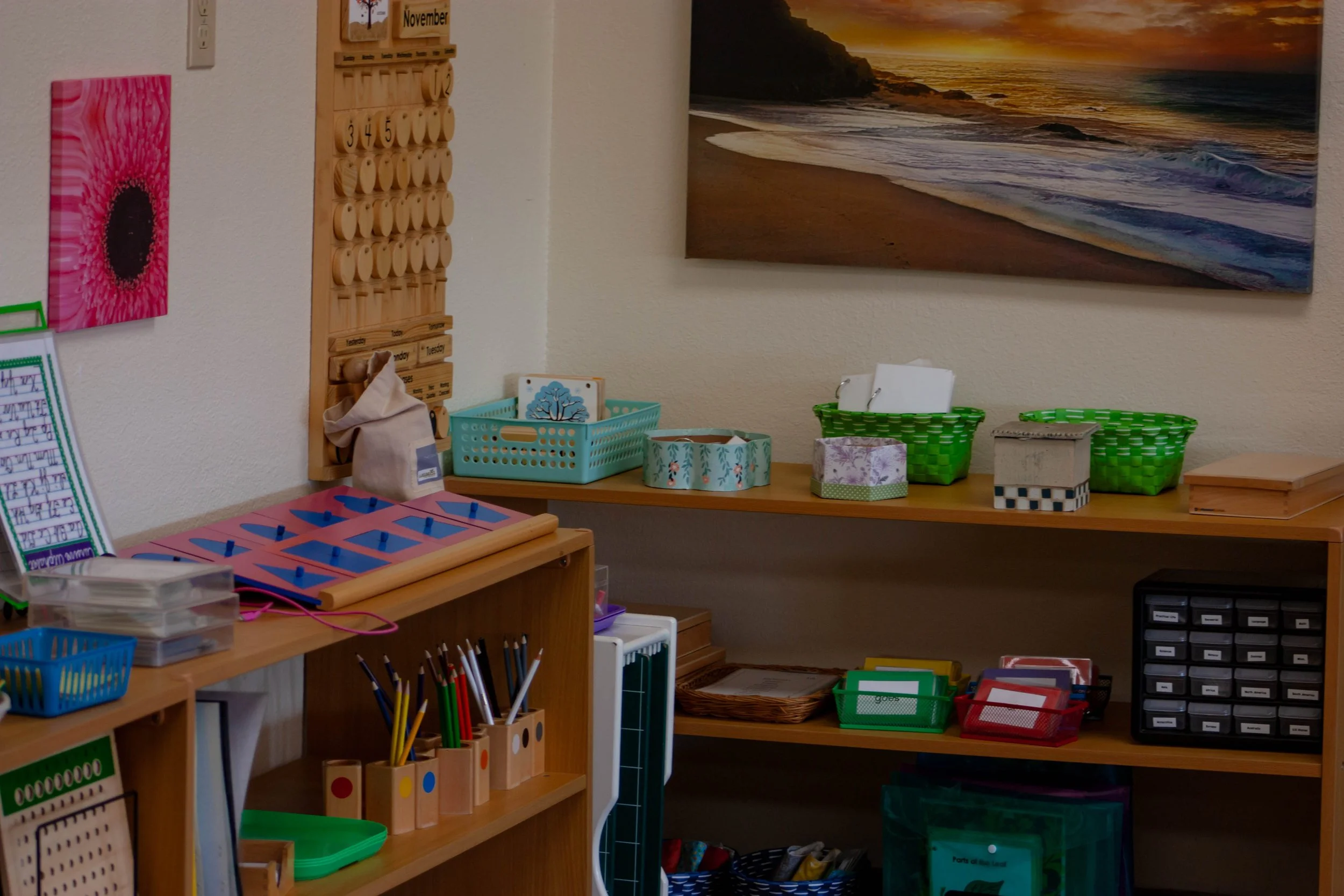
Why Montessori?
Why Choose Montessori?
-
Montessori education is designed to respect a child’s natural development. Instead of a one-size-fits-all curriculum, children learn at their own pace, selecting activities that interest them. This approach helps them develop independence, problem-solving skills, and self-discipline. Studies have shown that Montessori students exhibit higher levels of executive function, which is crucial for success in school and life (Lillard, 2005).
-
Rather than passive listening, Montessori classrooms emphasize hands-on learning with specially designed materials that engage children’s senses. This method helps children grasp abstract concepts more effectively and retain information longer. Research has shown that children in Montessori programs often perform better in math and literacy compared to their peers in traditional education settings (Dohrmann et al., 2007).
-
Montessori classrooms are multi-age, allowing younger children to learn from older peers while older children reinforce their knowledge by teaching younger classmates. This structure fosters collaboration, empathy, and leadership skills. Studies suggest that Montessori students demonstrate stronger social-emotional skills and conflict resolution abilities compared to those in conventional schools (Lillard & Else-Quest, 2006).
-
Montessori environments cultivate curiosity and intrinsic motivation by allowing children to explore subjects in depth. With no traditional grading system, children focus on mastery rather than external rewards. Research supports the idea that Montessori-educated children are more likely to enjoy learning and take ownership of their education throughout life (Rathunde & Csikszentmihalyi, 2005).
-
Montessori education fosters creativity, adaptability, and a growth mindset—skills that are essential for success in the 21st century. Graduates of Montessori programs often excel in critical thinking and innovation, which are highly valued in higher education and the workforce (Sims & Gutierrez, 2016).

Montessori education is more than just an alternative to traditional schooling—it is a research-backed approach that nurtures independence, curiosity, and a passion for learning. If you want your child to develop strong academic skills, social confidence, and a love of learning that lasts a lifetime, Montessori may be the perfect fit.
References
Dohrmann, K. R., Nishida, T. K., Gartner, A., Lipsky, D. K., & Grimm, K. (2007). High school outcomes for students in a public Montessori program. Journal of Research in Childhood Education, 22(2), 205-217.
Lillard, A. S. (2005). Montessori: The Science Behind the Genius. Oxford University Press.
Lillard, A. S., & Else-Quest, N. (2006). The early years: Evaluating Montessori education. Science, 313(5795), 1893-1894.
Rathunde, K., & Csikszentmihalyi, M. (2005). Middle school students’ motivation and quality of experience: A comparison of Montessori and traditional school environments. American Journal of Education, 111(3), 341-371.
Sims, M., & Gutierrez, R. (2016). Montessori vs. traditional education: A meta-analysis. Educational Psychology Review, 28(2), 245-266.


